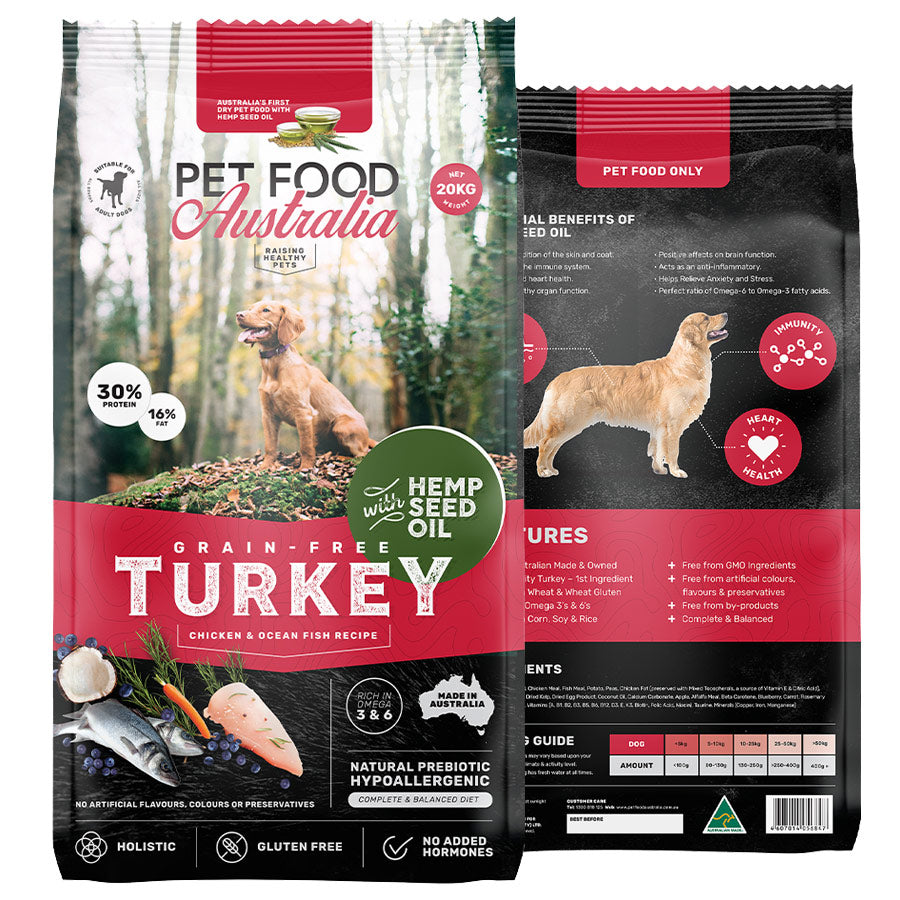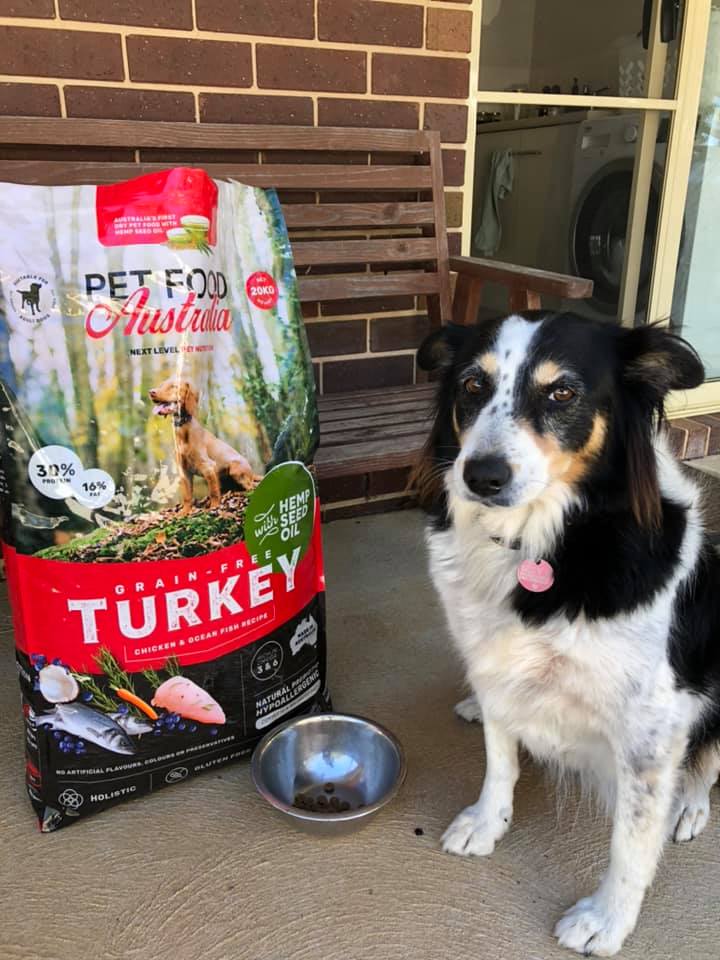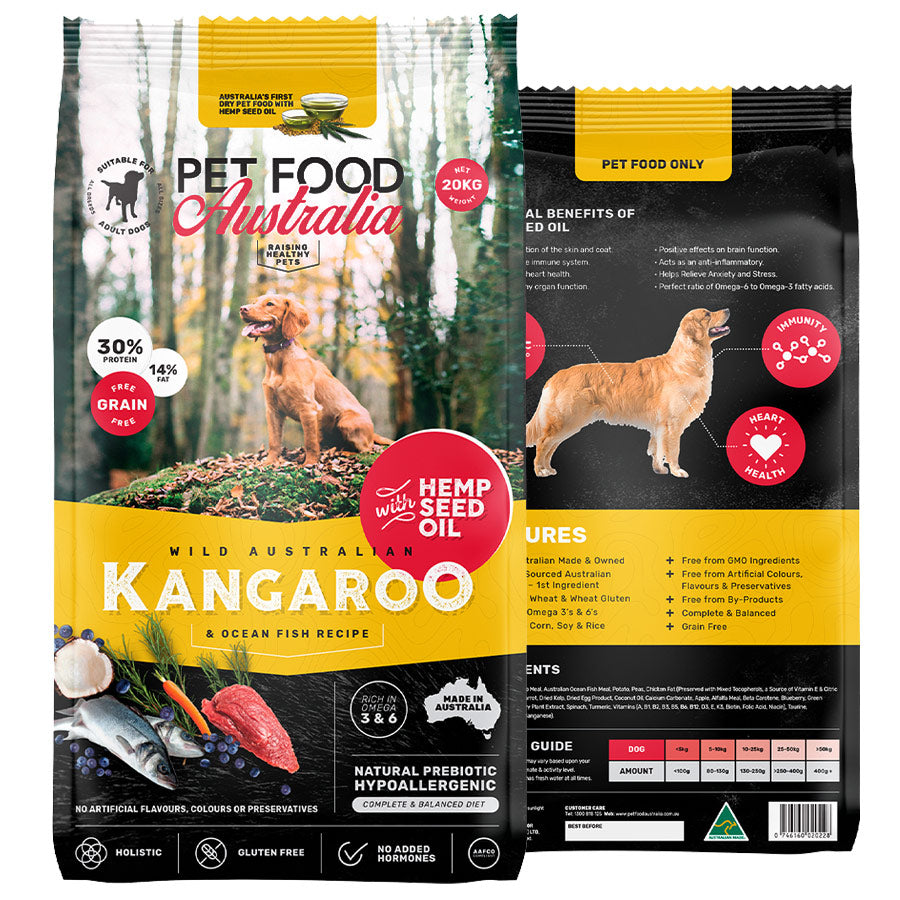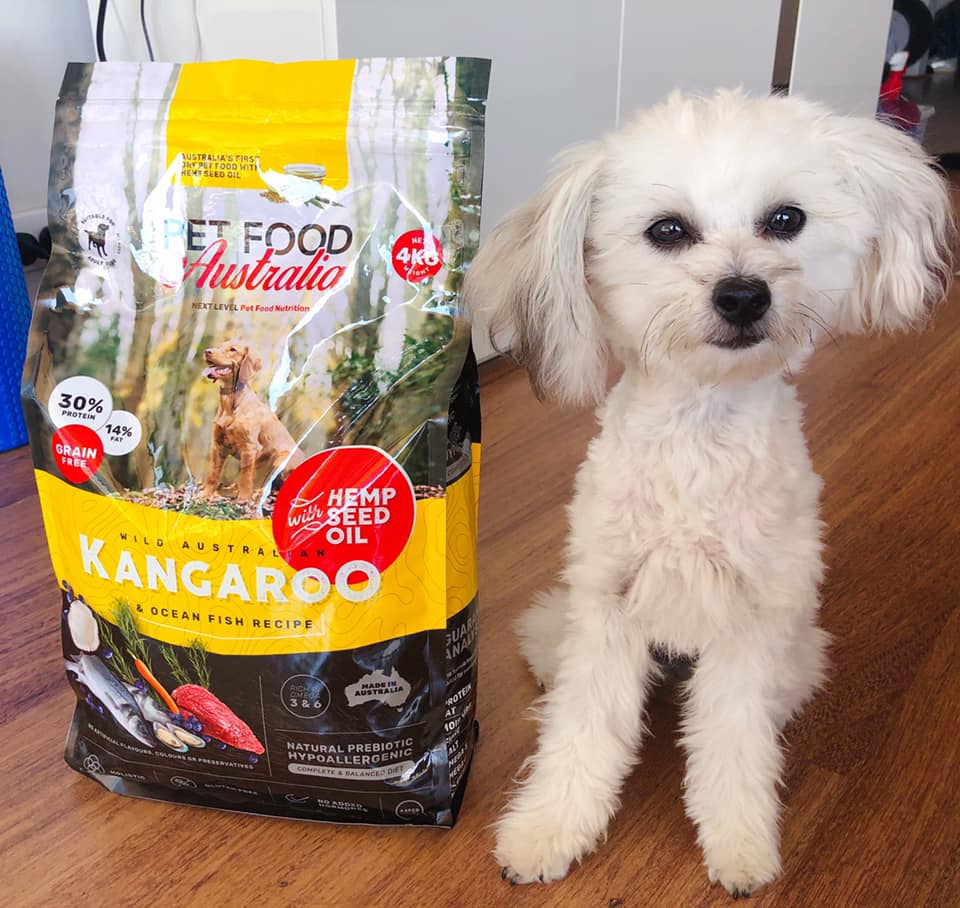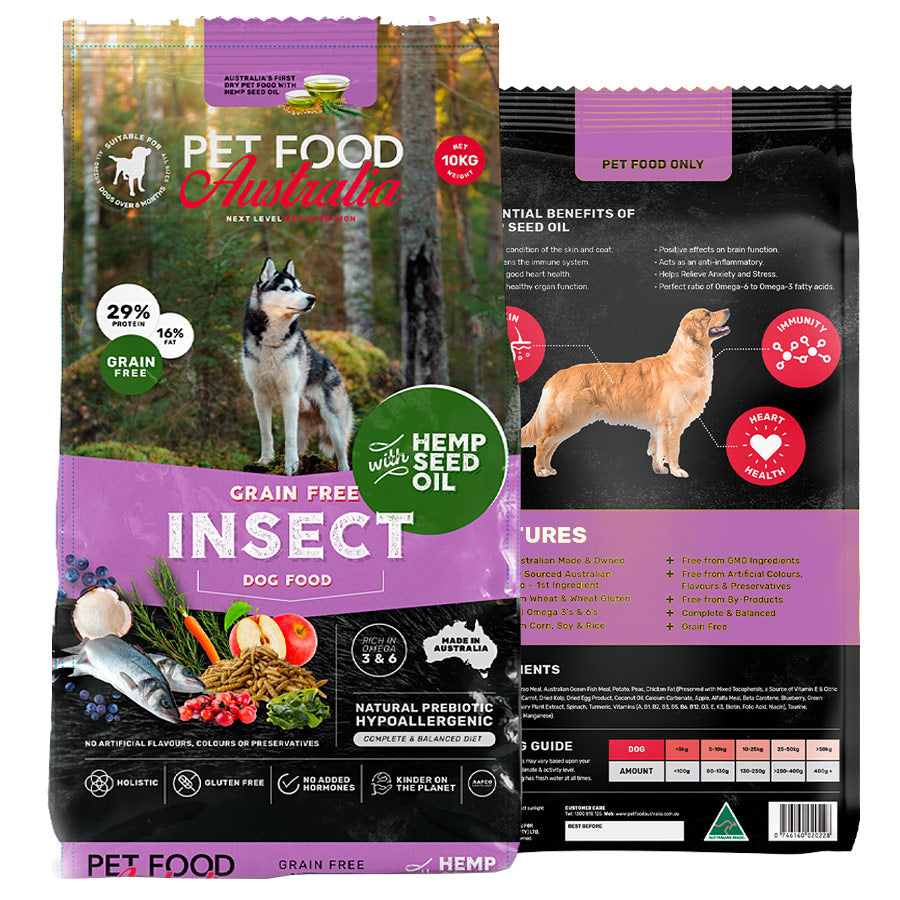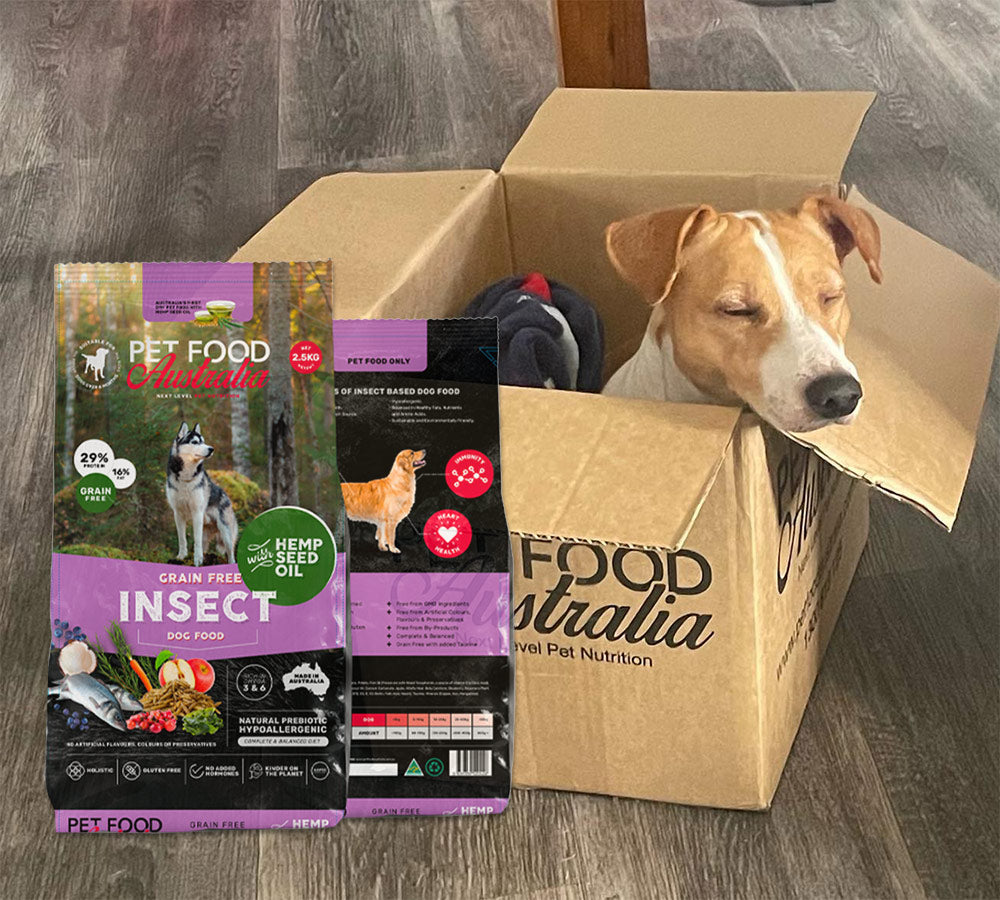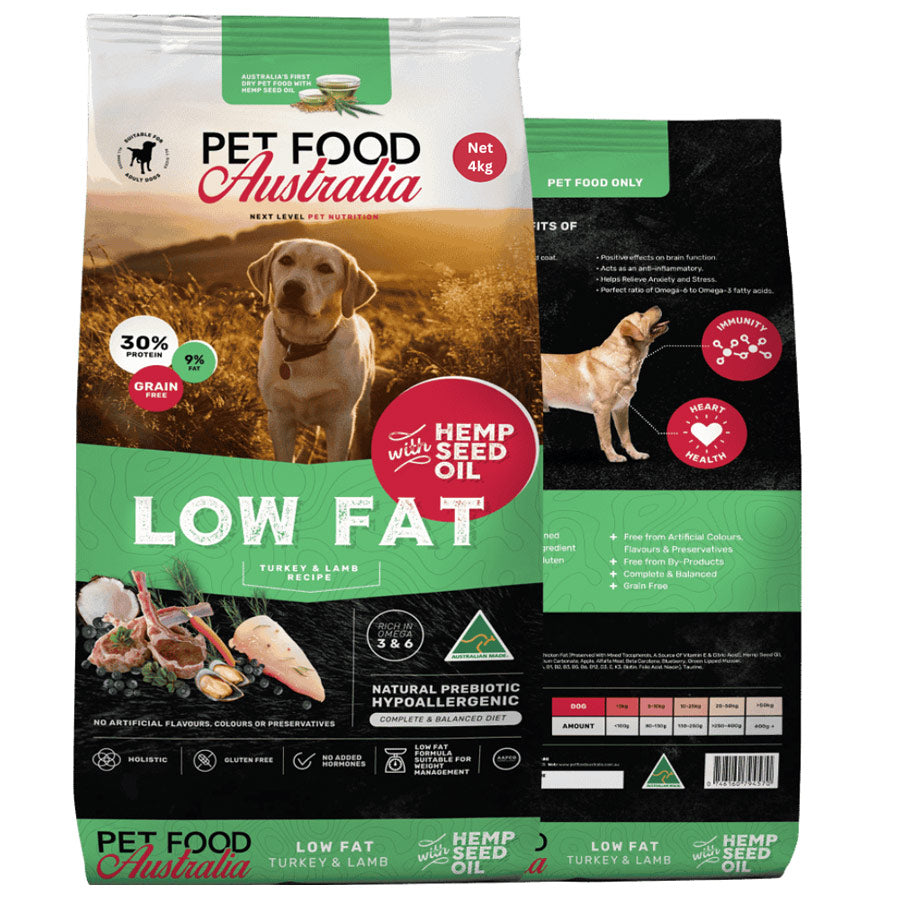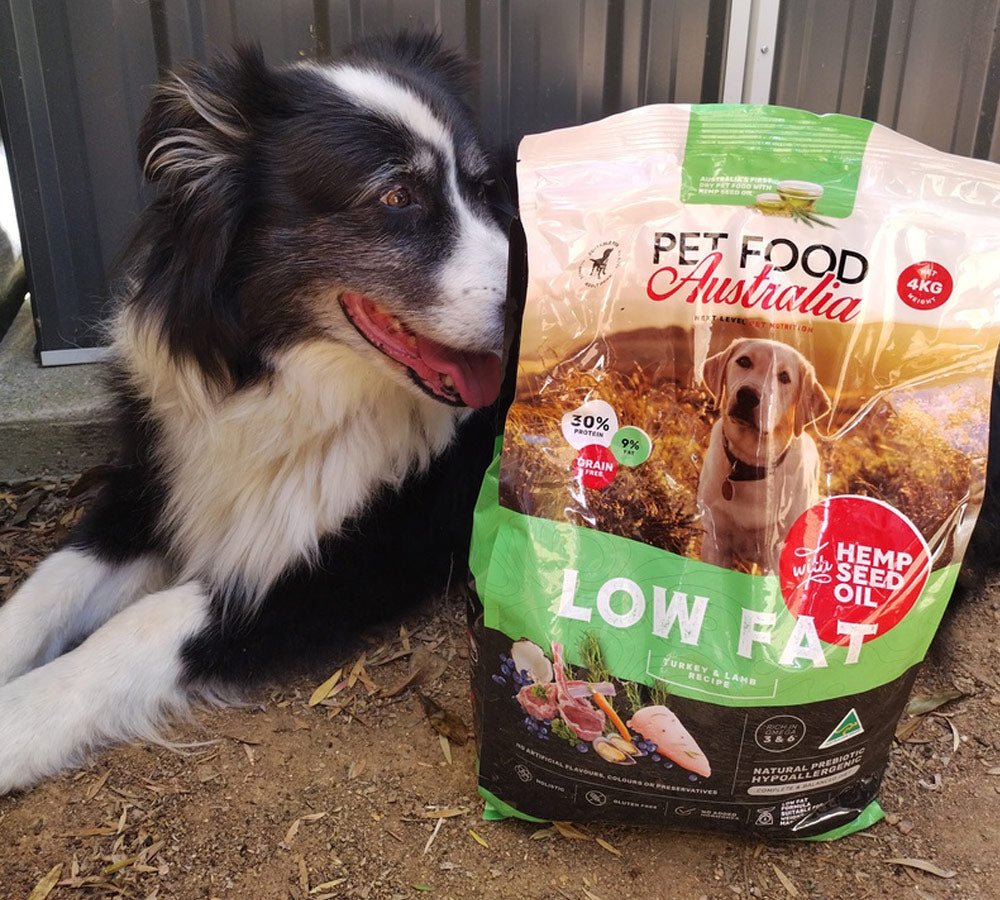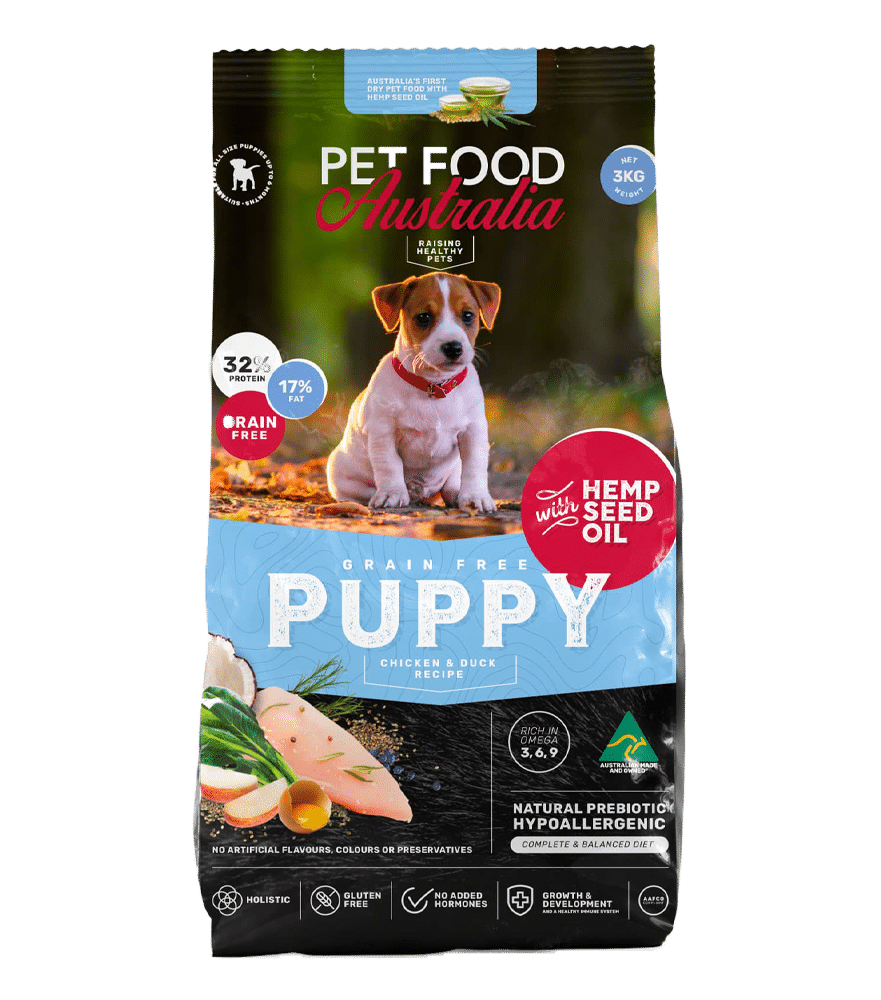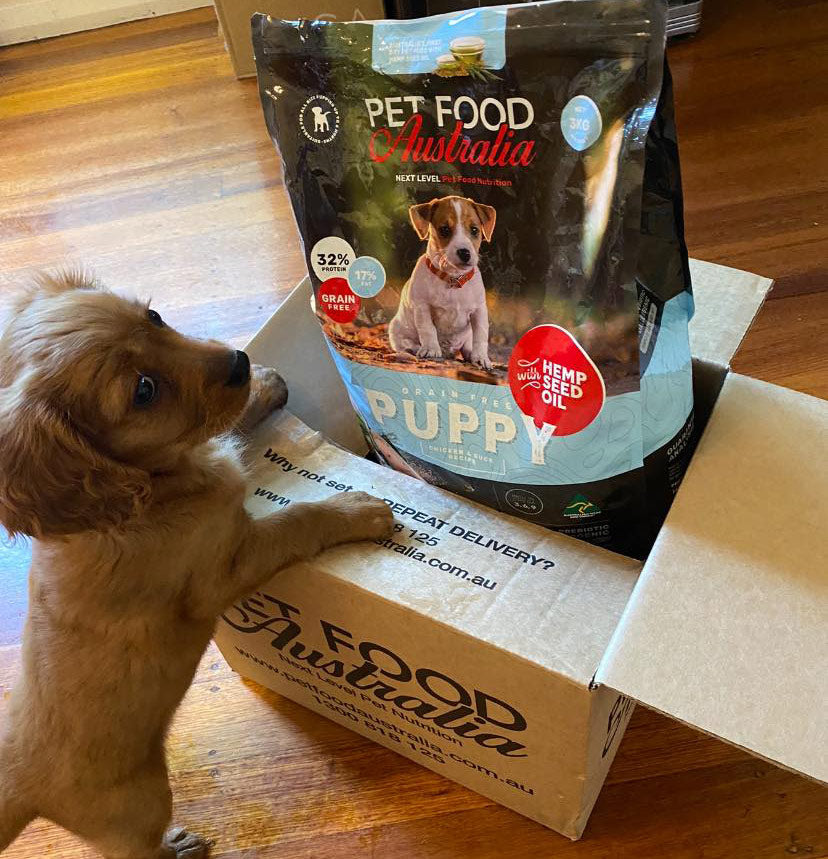Caring for a Dog With Food Allergies


It can be difficult to diagnose a food allergy in your dog. The symptoms of an allergy can vary greatly and can include anything from shaking and persistent itching to vomiting, diarrhea, and an upset stomach. Once your dog has been diagnosed with a food allergy, however, you might be overcome by a sense of foreboding or trepidation as you might think that this diagnosis comes with a complicated or high-maintenance treatment plan. The important thing to remember when your dog is diagnosed with a food allergy, however, is that their allergy can be extremely manageable. To put your mind at ease, here are some answers to some of the most common questions about dogs with pet food allergies.
Caring for a Dog With Food Allergies:
Food Allergies are Common: If your dog has been diagnosed with food allergies, you’re not alone. 10% of all allergies in dogs are food related. The number of dogs that suffer from food allergies means that there have been a number of dog diets developed to help manage a food allergy or intolerance so you and your pet have a lot of options when it comes to replacing the allergen in their diet.
Dogs Will Let You Know if They Have a Food Allergy:
If your dog is suffering from a food allergy, he will make it quite obvious to you. The symptoms of a food allergy will include chronic ear inflammation, prolonged stomach issues, chronic diarrhea or gas, excessively licking their feet, or scratching and biting their rear end. If your dog is displaying any of these symptoms, it is likely a food allergy or intolerance and the issue should be addressed with your veterinarian.
The Most Common Allergens are Readily Identifiable:
When it comes to identifying what your dog is allergic to, your veterinarian will have a pretty good idea. The most common causes of allergic reactions in dogs are grains, dairy, corn, wheat, egg, chicken, lamb, soy, pork, rabbit, or fish. While some dogs have multiple food allergies, it is highly unlikely that your dog will be allergic to all of these ingredients.
An Elimination Diet Will Tell you What Your Dog is Allergic to.
If your dog is suffering from a food allergy, your veterinarian will likely recommend an elimination diet. This will involve starting your dog on a completely new food that he has never had before. Once the symptoms of irritation and intolerance have subsided, you will reintroduce foods to your dog’s diet and see if he has an allergic reaction. Once a reaction occurs, you have identified the cause of your pet’s food allergy.
Allergies are More Common in Some Breeds:
While a predisposition for allergies can be a genetic trait that is more prevalent in lineages where your dog’s ancestors have been allergy sufferers, there do tend to be some dog breeds that are more prone to allergies than others including Retrievers, German Shepherds, Dachshunds Staffy’s and Cocker Spaniels.
Your Dog’s Food Allergy Isn’t Your Fault:
Many pet owners think that they could have done something different with their pet to prevent an allergic reaction from occurring. The truth is, and veterinarians are pretty unanimous on this point, there isn’t really anything that you can do to prevent your puppy from developing a food allergy. Even owners who cook for their pets aren’t guaranteeing their puppy won’t develop food allergies down the line. Providing your dog with a variety of different, high-quality foods, however, is a great way to maintain gut health.
For dogs that suffer from a food allergy, Pet Food Australia offers grain-free foods made with an assortment of top-quality ingredients. The variety of dog food that we stock means that you will be able to find an alternative type of food for your dog if they have an allergy or an intolerance.
If you have any questions about our dog food, please do not hesitate to contact us.







